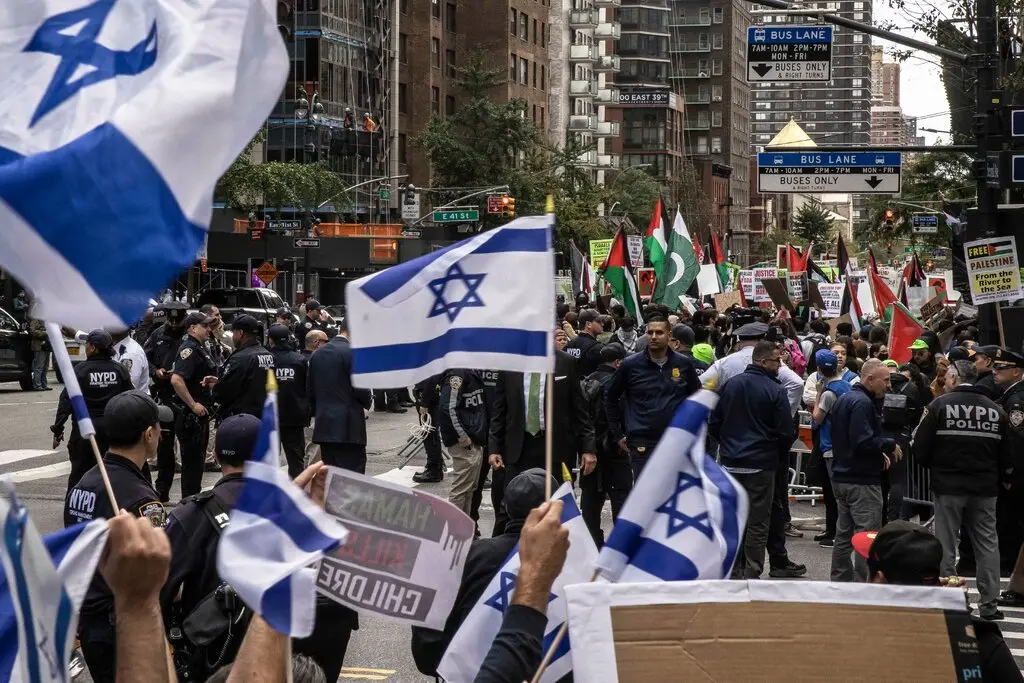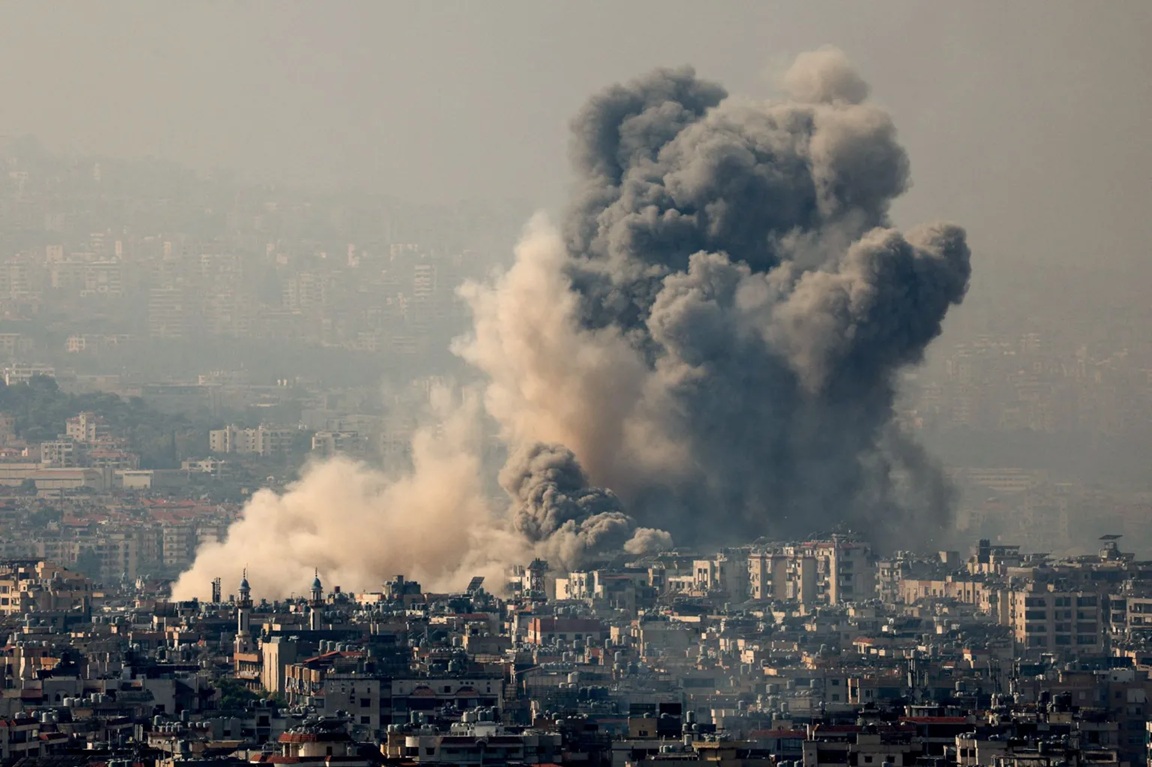
In the ever-shifting sands of history, where stories amalgamate personal beliefs, emotions, and collective memories, the Palestinian-Israeli conflict stands as a colossal monument. Beyond territorial disputes, this is a dance of narratives, each side meticulously weaving its version of the “truth.”
By Ramzi Abou-Ismail
Following the 7th of October 2023 attack by Hamas, these narratives have crystallized, becoming potent tools in shaping global perception.
Israel’s response to recent adversities is not just a reaction but a well-orchestrated campaign. Within its narrative, Hamas transcends its identity as a militant group. It is presented as a force of malevolence, often paralleled with groups like ISIS. Such comparisons are not accidental; they are strategic.
They position Israel as the beleaguered outpost of democracy in the Middle East, continually under the shadow of looming threats. This consistent, focused message has a clear objective: galvanize global sympathy and support.
In stark contrast, the Palestinian narrative beats with an intensity of raw, unfiltered emotion. Images of a devastated Gaza cries for a “Free Palestine,” and maps whispering of a bygone era form the crux of their message.
Yet, amidst this fervor, clarity sometimes wanes. What, precisely, is the endgame envisioned by Palestine? A return to historic boundaries? A dual-state resolution? Or perhaps a unified, singular nation? The multiplicity of voices, while rich, occasionally blurs the suitable message.
The two campaigns offer a study in contrasts. Israel’s strategic, singular narrative, painting a vivid image of imminent threat, naturally finds resonance. It’s focused, clear, and potent. The Palestinian campaign, while undeniably moving, disperses its intensity over a broader spectrum. Its visceral nature is its strength, but the lack of a pinpointed message could be its Achilles’ heel.
In our role as the global audience, navigating the intricacies of the Israeli and Palestinian narratives presents a complex challenge. The historical tapestry of Lebanon in the 1960s, with its multifaceted reports and conflicting portraits, serves as a poignant parallel.
We find ourselves amidst a myriad of stories, each layered with its unique context and emotional resonance. The task before us is to discern the subtle nuances, to traverse the winding paths of their histories, and to acknowledge the rich tapestry of pain, hope, and dreams that underpins each campaign.
In the midst of this, can we advocate for an end to the war on Gaza while simultaneously denouncing the brutalities committed by Hamas? Is it possible to condemn the actions of Hamas yet also understand their roots in the cries of a people confined for years, grappling with political leaders who seem disconnected from their plight? Can we recognize that the children on both sides are victims of narratives they did not choose, families they did not pick, and nations they did not willingly embrace?
Moreover, the questions do not end there.
Can we label Israel an apartheid state for its settlement expansions and demographic engineering while at the same time questioning the feasibility of the Palestinian aspiration to reclaim a historic land after 70 years? In the face of these complexities, what role should we, the global community, play? Should we propose solutions, set the stage for dialogue, or take a step back, recognizing the potential injustice from their power dynamics?
History continues to unfold, weaving new chapters in the Israeli-Palestinian saga, and in this intricate dance of narratives, simplistic answers remain elusive. Our responsibility is to delve deeper, to question relentlessly, and to strive for a holistic understanding.
It is only through embracing the story's entirety that we may inch closer to glimpsing the distant horizon of resolution.
Ramzi Abou-Ismail is a political psychologist and researcher at the University of Kent in the UK, with a background in examining the subtleties of social dynamics, intergroup relations, and social identities. He possesses profound expertise in understanding and analysing the nuances of collective violence beliefs, their predictors, and implications on societal structures and behaviours.






What a subtile road-roller of a political psychologist...